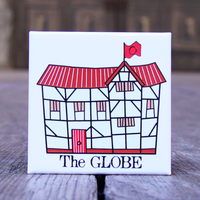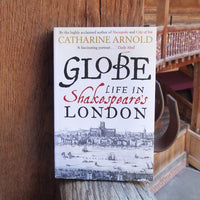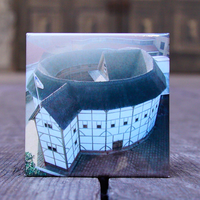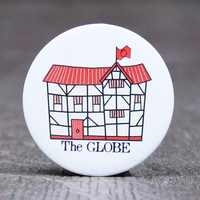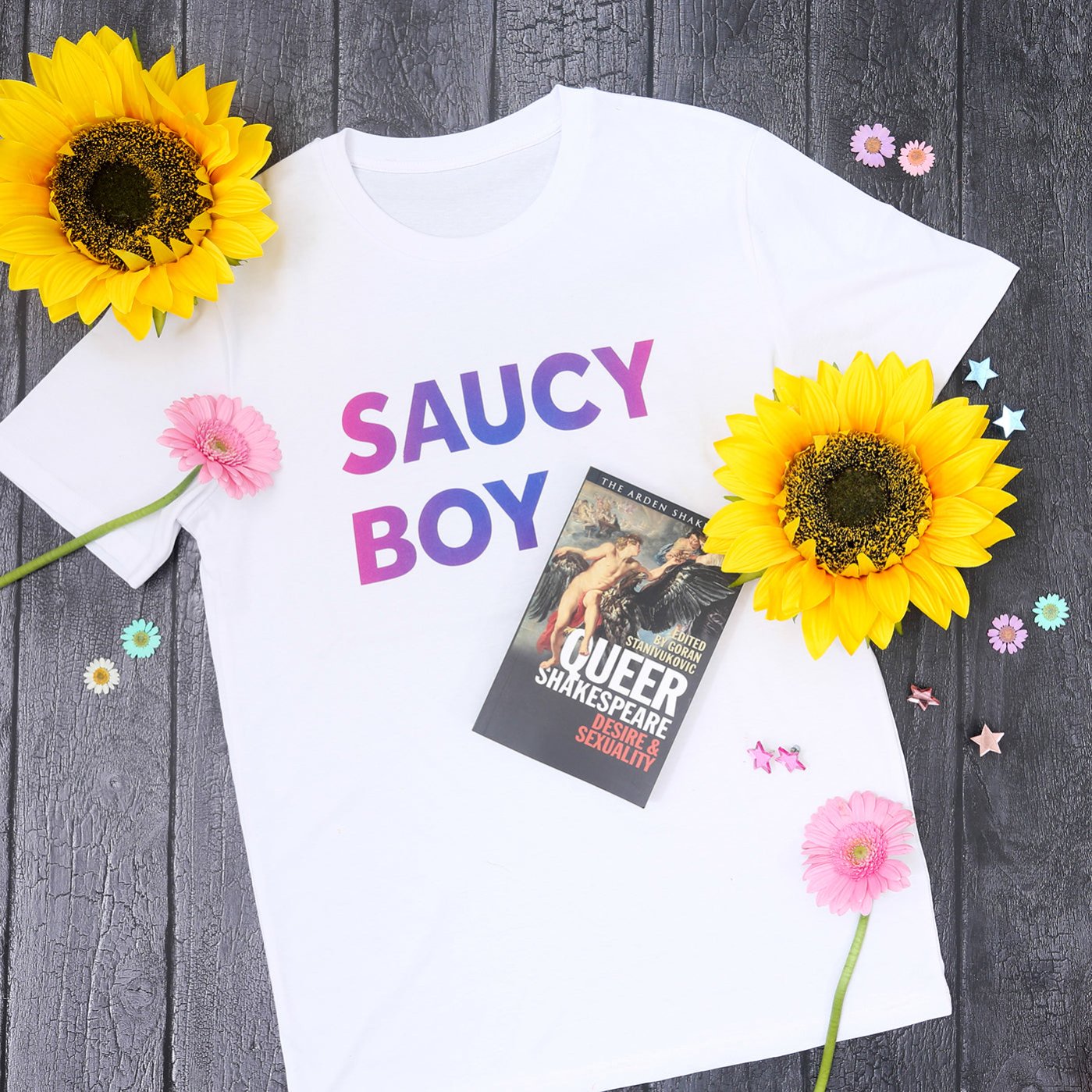
June bursts with Pride celebrations, a vibrant tapestry of inclusivity. But the LGBTQIA+ experience isn't confined to a calendar month. It's a history woven through the ages, with threads reaching back beyond Shakespeare.
Ancient cultures, from Egypt to Mesopotamia, embraced same-sex relationships and gender fluidity. While the expression of this differs from today, these echoes remind us that defying societal norms is a timeless human experience. Pride allows us to celebrate this rich tapestry while remembering the struggle and the ongoing journey towards a more inclusive world.
Now, let's turn to Shakespeare. His timeless plays explore love, loss, power, and ambition. But what if we add a new lens: a "queer lens"?
Shakespeare's Globe, a reconstruction of the Elizabethan playhouse, reflects a time when societal norms surrounding sexuality were more fluid. Modern productions here and beyond are unpacking layers of queer desire and identity within the plays. For instance, 2022's production of "I, Joan" reimagined Joan of Arc's story through a vibrant and celebratory lens. Or consider the 2023 production of "As You Like It," where director, Ellen McDougall explored themes of gender fluidity and unconventional love.
Think about it: the intensity of male friendships, the blurring of gender lines in all-male acting troupes, and characters who defy easy categorization. Plays like "Twelfth Night", with its gender-bending characters, or "Romeo and Juliet", where Mercutio's flamboyant presence complicates Romeo's affections, become even richer with this fresh perspective.
This exploration isn't just about performance. Scholars are delving deeper, uncovering hidden meanings and allusions. Books like "Queer Shakespeare" edited by Goran Stanivukovic and "Straight Acting" by Will Tosh ignite a conversation about the Bard's own potential queerness.
Scholars are uncovering hidden meanings in Shakespeare's work. Books like "Queer Shakespeare" explore the Bard's own connection to themes of queerness. The book examines the language of the plays and how these themes translate to performance, for instance, exploring the radical nature of a nun defying her vows in "Measure for Measure."
"Queer Shakespeare" acknowledges the complexities of performance and how interpretations bring out new dimensions of the text. This insightful collection offers a rich resource for anyone interested in exploring the queer dimensions of Shakespeare's work.
Shakespeare's genius lies in his ability to hold a mirror to the human condition. By exploring the queer elements within his work, we gain a deeper appreciation for his brilliance and discover new layers of meaning in these timeless masterpieces.

Elizabethan Context - Blurred Lines
It's important to acknowledge a key point when discussing queerness in Shakespeare's time: Elizabethan England held a more fluid view of sexuality than we often give it credit for. Forget the modern labels of "gay" or "straight" – back then, the societal focus was on the act itself, not a fixed identity. Certain acts, like "sodomy," were vehemently condemned by the Tudor church and state. Still, most Elizabethans turned a blind eye to a good deal. Close friendships weren't inherently wrong, even those intensely affectionate ones between men. Imagine strong bromances fuelled by passionate sonnets, perhaps even a bit of playful intimacy before retiring for your "second sleep". This means that while Shakespeare's characters might express emotions we see as queer today, they wouldn't have necessarily identified that way themselves owing to a lack of language to describe it. Instead of a rigid binary of "forbidden" or "allowed," Elizabethan society navigated a spectrum of intimacy and affection.
For a deeper dive into this fascinating period, check out Peter Ackroyd's "Queer City." Ackroyd's meticulously researched book explores how societal norms and laws functioned in Elizabethan England. He delves into the complexities of sex, gender, and desire, revealing a society far more nuanced than the stereotypical image of rigid Puritanism. Through rich historical detail and analysis of literary works, Ackroyd paints a vivid picture of a time when expressions of love and intimacy could be surprisingly fluid, even as certain boundaries were strictly enforced. "Queer City" offers a valuable window into a bygone era, challenging our modern assumptions about sexuality and identity.
Shakespeare's Stage - Playful Subversion
Shakespeare's brilliance extended beyond grand gestures. He excelled at portraying the intricacies of friendship, like the spark between Romeo and Mercutio. Their witty banter hints at a deeper bond, leaving us questioning its nature. Similarly, in "Twelfth Night," Viola's affection for Orsino, disguised as a man, creates a humorous tangle of desires that transcends friendship. Elizabethan all-male casts, with men playing women, likely added to this ambiguity. Shakespeare, a master storyteller, likely used this to his advantage, adding layers of intrigue with hints of same-sex attraction, even if unspoken.
Did you know? Drag's origins might be traced back to the Elizabethan all-male plays. Actors, often young boys, played female roles. Some believe "drag" comes from this practice. In contrast, others suggest it references long costumes or is an acronym for "Dressed Resembling A Girl." So, remember Shakespeare's unwitting contribution next time you see a drag queen shine!
There are fascinating links between Shakespeare's exploration of gender and the vibrant world of drag performance. The Bard's work continues to inspire artistic expression and challenge societal norms.
Decoding the Bard - Camp Clues
Shakespeare's plays, filled with flamboyant characters and theatrical excess, resonate with modern LGBTQIA+ experiences through the concept of "camp."
Shakespeare captured this inherently camp energy in characters like Falstaff, a boisterous braggart, or Bottom, who enthusiastically embraces his donkey transformation. These characters disrupt social norms through theatricality, making them camp icons.
Even the entire Elizabethan theatre experience leans camp with its elaborate costumes and heightened emotions. By embracing this "camp lens," we discover a playful Shakespeare celebrating individuality and theatrical excess, an original champion of self-expression.

The Bard Himself - Unveiling Shakespeare
Published in June 2024, Will Tosh's "Straight Acting" delves into Shakespeare's sexuality and the vibrant queer culture that surrounded him. For centuries, scholars debated Shakespeare's possible queerness, often overshadowed by heteronormative interpretations. Tosh, using queer theory, offers a fresh perspective.
The book explores the passionate language and homoerotic subtext in Shakespeare's plays, from Romeo and Mercutio's bond to Achilles and Patroclus. Did these reflect Shakespeare's own experiences? His enigmatic sonnets, addressed to a "Fair Youth" and a "Dark Lady," hint at a complex emotional life that defied societal norms.
Tosh moves beyond simplistic labels like "gay" or "straight," exploring the concept of "queer lives" as a spectrum. He examines how Shakespeare navigated his desires, tracing his journey from childhood in Stratford to the vibrant, sometimes bawdy, world of Elizabethan London. By dissecting the queer context of the era, Tosh sheds light on how it shaped Shakespeare's portrayal of love, loss, and identity onstage.
"William Shakespeare, a queer artist who drew on his society's complex understanding of same-sex desire to create some of the richest relationships in literature... He wrote with a queer voice, informed, and inspired by the culture around him.” (Tosh, 2024)
Ultimately, whether Shakespeare himself identified as queer may never be definitively known. However, "Straight Acting" has me convinced he was (not that I needed much persuasion!). However, exploring this possibility allows us to appreciate the richness and complexity of his work on a new level. It encourages us to see his characters not as one-dimensional figures but as reflections of a world where desires and identities were more fluid than previously thought.
A Lasting Legacy
Shakespeare's enduring legacy takes on a new dimension when viewed through the lens of queerness and camp. While Elizabethan England did not have the same understanding of sexual identity as we do today, Shakespeare's plays brim with intense male friendships, gender-bending characters, and language that can be interpreted as homoerotic. These elements, along with the inherent theatricality of Elizabethan theatre, resonate with the concept of camp – celebrating exaggeration, artifice, and defiance of norms.
By recognising that Shakespeare himself is exploring his own queerness and the queerness found in the world where he was studying, living and working, we gain a richer appreciation for his work and life.
The beauty of Shakespeare's plays lies in their ability to transcend time. Themes of love, desire, and the complexities of identity remain universally relevant. Exploring queerness and camp in Shakespeare allows us to see these themes through a fresh lens, connecting them to modern-day LGBTQIA+ experiences.
So, during Pride month, let's celebrate Shakespeare not just for his timeless stories but also for the hidden depths and potential for queer interpretations his work offers. As we explore the complexities of identity and desire within his plays, we discover a new layer of brilliance in the Bard's enduring legacy.
Since 2021, Shakespeare's Globe has participated in the London Pride parade! Keep an eye out for one of our colleagues strutting down the parade route in full Elizabethan garb, ruffs, codpieces, and all – you might just snag a selfie with the Bard himself (or at least, his most fabulous ambassador)!
But even if you can't make it to the parade, there are plenty of ways to explore Shakespeare with a queer lens. Check out upcoming workshops or talks at Shakespeare's Globe, grab a copy of the books mentioned earlier, or simply revisit your favourite Shakespearean play with a new perspective. You might be surprised at the hidden layers and queer interpretations waiting to be discovered.
Let's celebrate the Bard in all his rainbow glory! Unleash your inner scholar, embrace the drama, and remember – a little bit of camp never hurt anyone. Happy Pride!
Check out our Shakespearean Pride! selection here.
Written by Chris (Retail Manager)


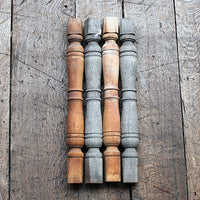
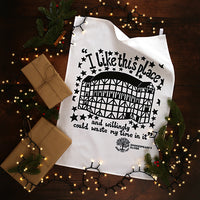
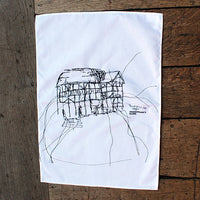





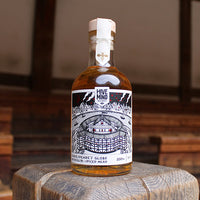

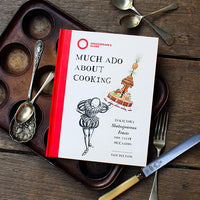


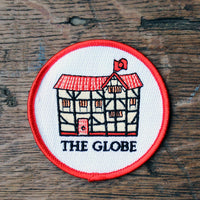

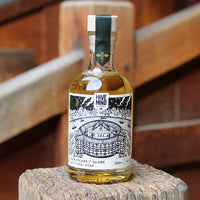

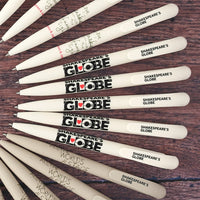

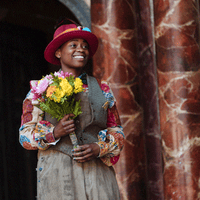

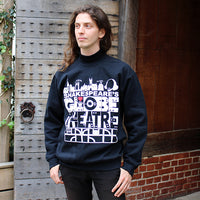
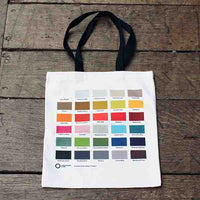
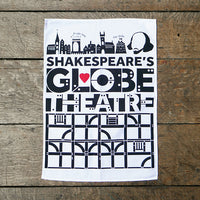
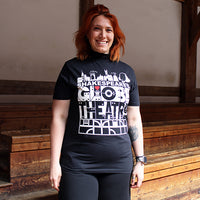

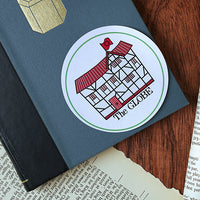

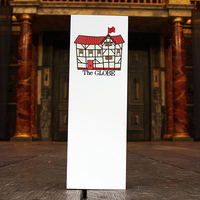
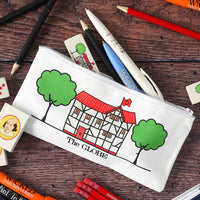



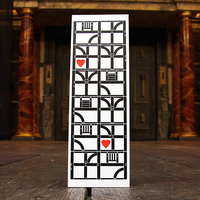
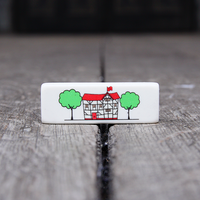
![Out, Out Brief [Playhouse] Candle Stubs!](http://shop.shakespearesglobe.com/cdn/shop/products/swpcandles.jpg?v=1722516059&width=200)
